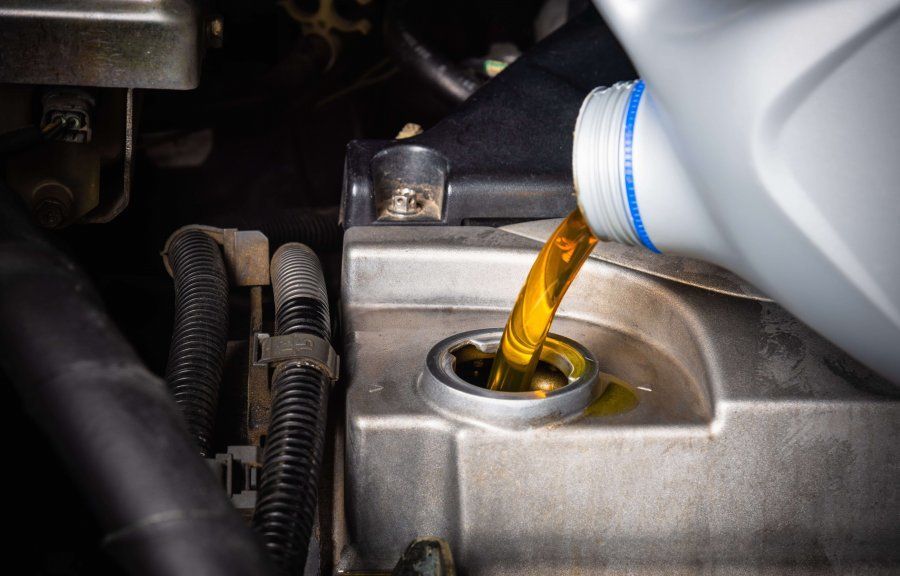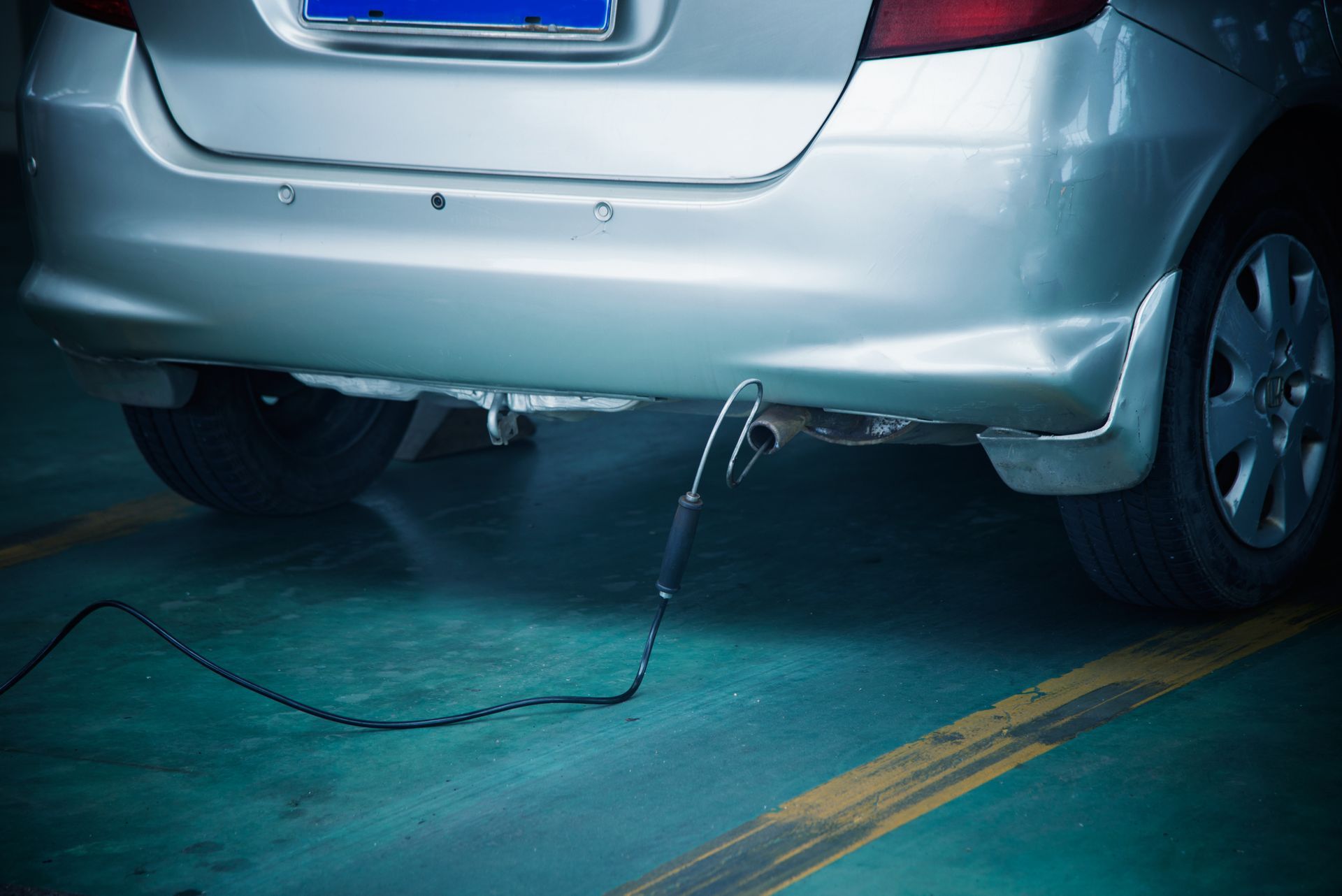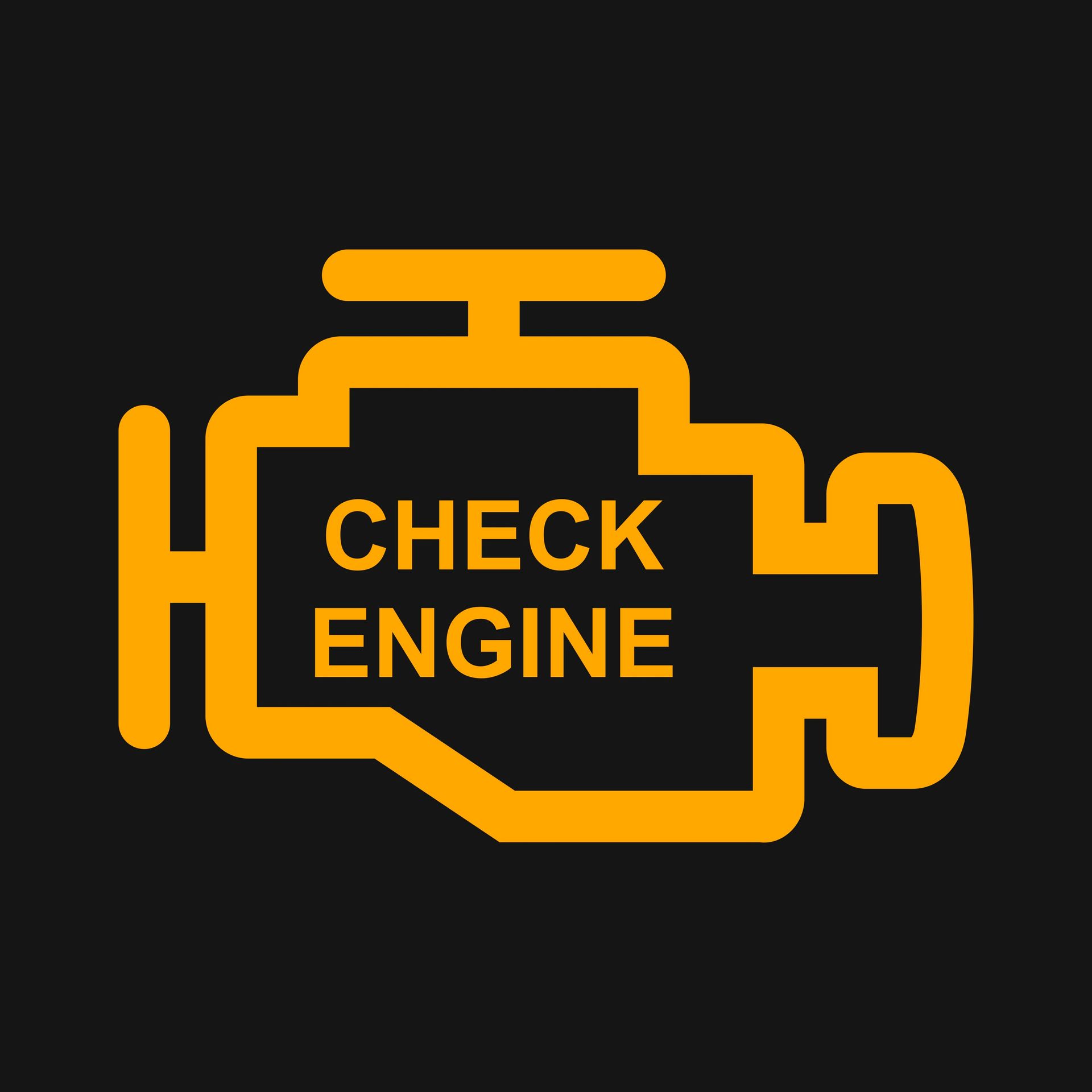
Taking care of your vehicle isn’t the most exciting thing to do. However, it’s important to remember that if you don’t take care of your car, you won’t be able to enjoy it for very long. One way to ensure your car stays in good shape is by regularly changing its engine oil, but what happens if you don’t change your oil?
Your engine is responsible for powering your car and allowing it to drive. The engine oil helps lubricate all these moving parts to work together smoothly. If you neglect your engine oil, it will wear down over time and cause damage — not only to your car but also to you!
As a driver, you should know what can happen if you don’t change your car oil on time. If you don’t have this done regularly, it will start to build up inside, which can cause problems such as overheating or even catching on fire.
Possible Effects of Not Changing Your Car Oil
1. Degrading of Car Engine Efficiency
Synthetic oil contains an anti-wear agent to keep the engine running smoothly, but it will become soiled over time. According to the owner’s manual, one of the benefits of oil changes is that they prevent the engine’s oil pressure from falling.
The incorrect oil pressure will cause the engine to work harder and eventually fail.
2. The Head Gasket May Blow
If insufficient lubricants are present, it will generate excessive heat that can result in blowing your head gasket. Depending on how old and the value of your automobile, repairing a blown head gasket may not be worthwhile.
If a gasket blows up, the heat will distort the engine’s components. Metal will grind against metal now that the lubricating properties of the oil have been eliminated. The machine will stop running.
3. Occurrence of Engine Failure in Your Vehicle
What happens if you don’t change your car oil? If the oil is not changed, there’s a high chance that your engine will overheat. The water pump must distribute coolant around the engine block to maintain the ideal operating temperature. However, if there is insufficient lubricating oil, overheating can cause severe damage.
The additional heat will activate the vehicle’s cooling system, causing the radiator fan to continue spinning even when the vehicle is turned off. In addition, the buildup of heat may cause other issues such as the engine locking up.
4. Poor Engine Performance
Your vehicle’s engine is lubricated by the oil that circulates in it. If there is no oil, the internal moving parts will grind against one another, causing severe damage and expensive repairs. If your engine’s oil doesn’t circulate well, it will perform poorly.
5. Dirt Buildup on Your Car Engine
To prevent engine sludge and piston seizure, the entire engine requires between five and six quarts of motor oil. A slower rate of dirt and debris accumulation will occur in your engine. If the old oil is filled with a new, clean supply, the engine will operate more smoothly.
What Are the Advantages of Regularly Replacing the Engine Oil?
- Maintains engine cleanliness.
- Gives your engine a longer life.
- Helps improve car mileage.
- Protects your engine parts.
- Reduces engine heat.
Conclusion
You need to get regular engine oil changes. Failure to change engine oil can result in a variety of issues, including a decrease in fuel economy and the failure of internal components.
Your owner’s manual contains guidelines for you to follow, or the service department can check your oil for you. If you don’t change your oil, you’re taking a significant risk because replacing an engine can cost thousands of dollars, whereas an oil change is relatively inexpensive. The best practice is to regularly check your oil level and follow your vehicle’s specific oil change schedules. If you need help checking your oil, bring your car here to America’s Service Station today!
FAQs
Is It Required To Regularly Change the Oil?
What happens if you don’t change your car engine oil? As a general rule, the oil in your vehicle should be changed every 3,000 to 5,000 miles. However, the type of oil used, the model of the automobile, and the frequency with which it is used can all impact the time required to replace the oil.
How Long Can You Go Without Changing Oil?
Synthetic oil technology has become more advanced, so modern vehicles can travel between 5,000 and 7,000 miles between oil changes. Some vehicles can make it up to 10,000 miles. We recommend that you check the recommended oil change interval in your vehicle’s owner’s manual.
What Are the Signs That You Need an Oil Change?
Dark or dirty oil is one of the most obvious indications that an oil change is necessary. The color of clean oil is amber, and it lacks any dirt, sand, or other foreign particles picked up along the road. It’s normal for oil to darken over time, but when it is dark brown/black or has any texture irregularities, it is time for an oil change.










